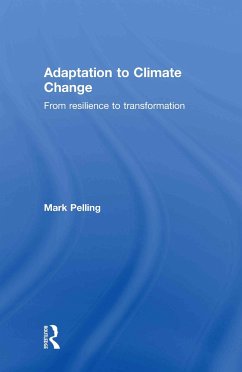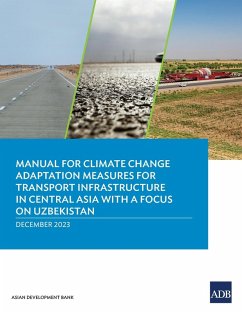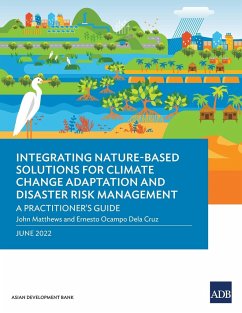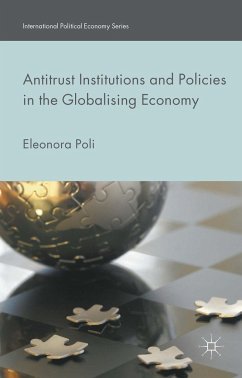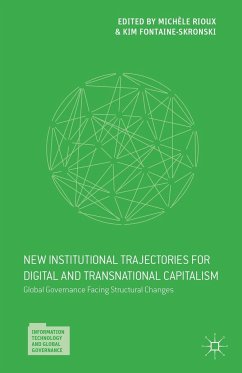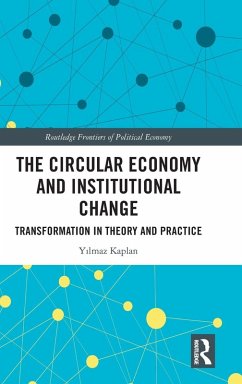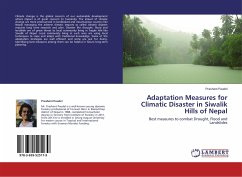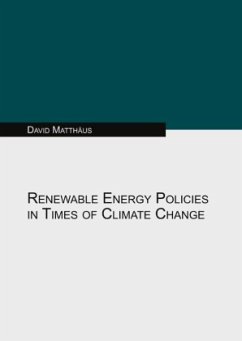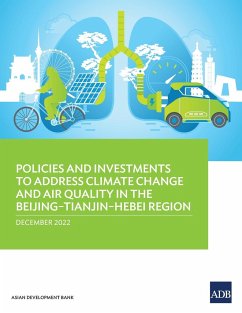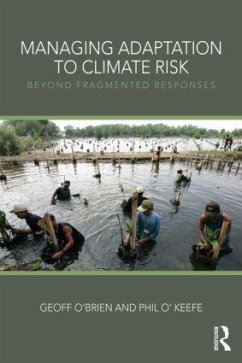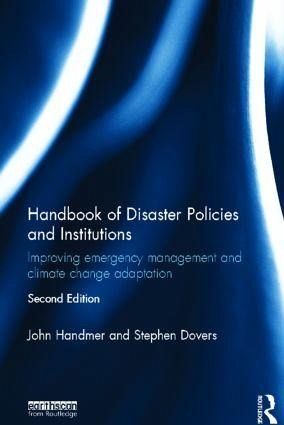
Handbook of Disaster Policies and Institutions
Improving Emergency Management and Climate Change Adaptation
Versandkostenfrei!
Versandfertig in 1-2 Wochen
190,99 €
inkl. MwSt.
Weitere Ausgaben:

PAYBACK Punkte
95 °P sammeln!
Disasters both natural and human-induced are leading to spiralling costs in terms of human lives, lost livelihoods and damaged assets and businesses. Yet these consequences and the financial and human crises that follow catastrophes can often be traced to policies unsuited to the emerging scales of the problems they confront, and the lack of institutional capacity to implement planning and prevention or to manage disasters. This book seeks to overcome this mismatch and to guide development of a more strategic policy and institutional framework. This updated and revised second edition includes ...
Disasters both natural and human-induced are leading to spiralling costs in terms of human lives, lost livelihoods and damaged assets and businesses. Yet these consequences and the financial and human crises that follow catastrophes can often be traced to policies unsuited to the emerging scales of the problems they confront, and the lack of institutional capacity to implement planning and prevention or to manage disasters. This book seeks to overcome this mismatch and to guide development of a more strategic policy and institutional framework. This updated and revised second edition includes new coverage of climate change adaptation, which has rapidly become central to disaster and emergency planning and management. This is an essential handbook for practitioners across the world seeking to improve the quality, robustness and capacity of their disaster management mechanisms.





